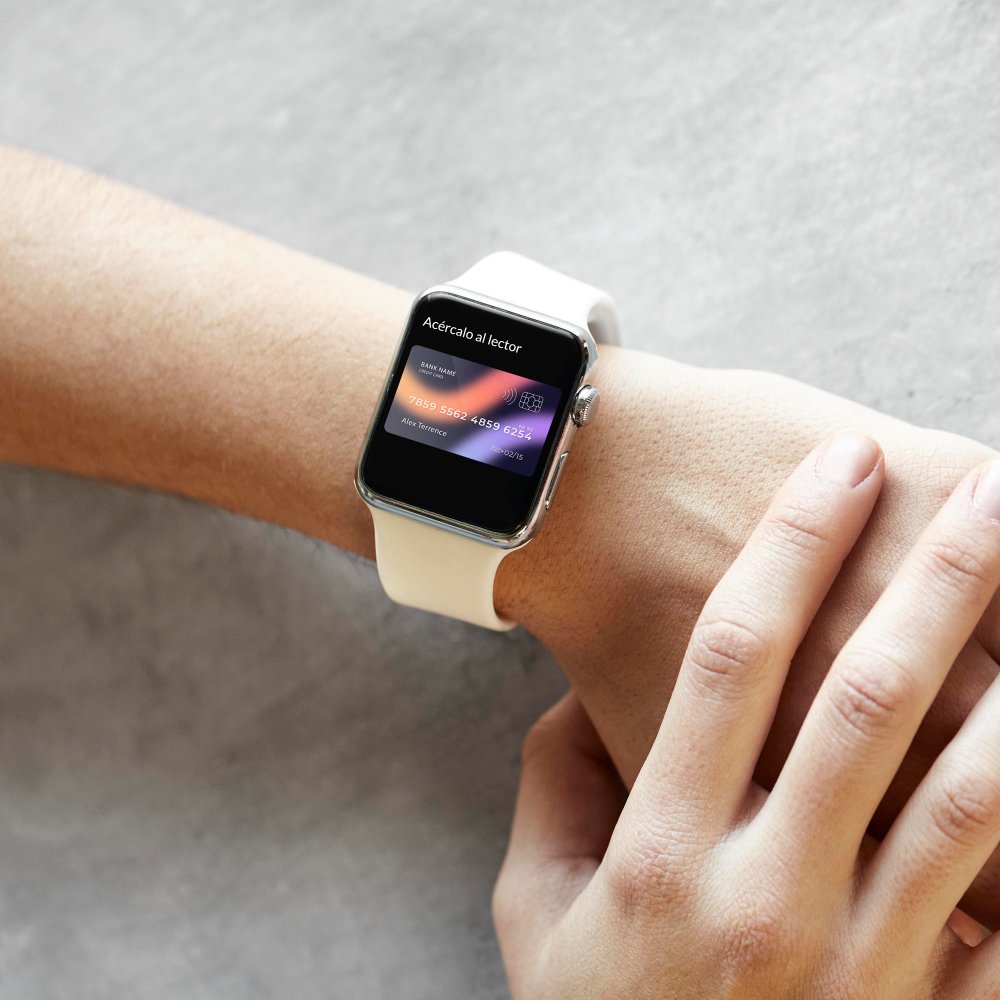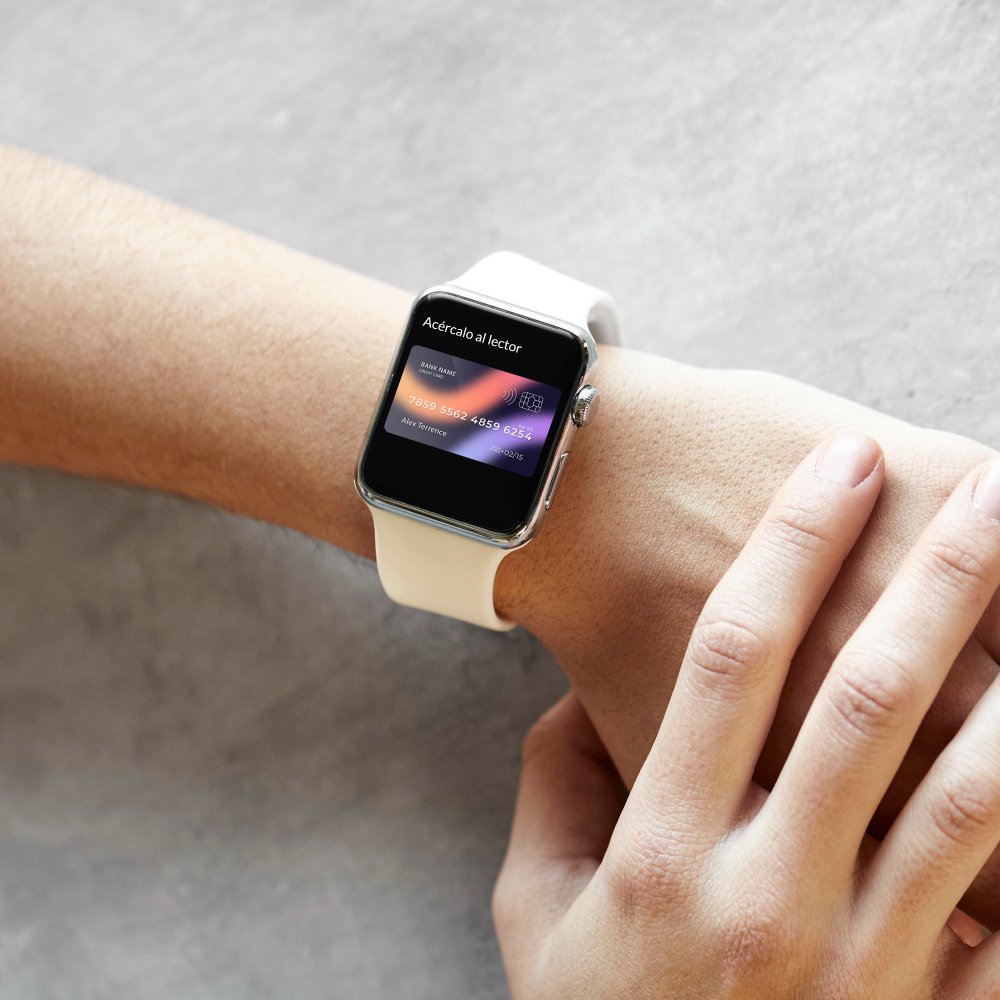
Wearable tech devices, like smartwatches and fitness trackers, are revolutionizing how we interact with technology by seamlessly integrating it into our daily lives. These gadgets not only keep us connected by providing notifications and alerts on the go but also promote healthier lifestyles by tracking physical activity, monitoring heart rates, and even analyzing sleep patterns.
With the ability to sync with other devices and apps, wearable tech is creating a more interconnected and informed approach to personal health and wellness. Patients can use wearable technology to monitor and enhance their wellness in several ways:
Continuous Health Monitoring
1. Track Vital Signs: Wearable devices like smartwatches and fitness trackers can monitor vital signs such as heart rate, blood pressure, and blood oxygen levels. Continuous tracking helps patients identify abnormal patterns and seek medical attention early.
2. Monitor Physical Activity: These devices count steps, track distance traveled, and monitor calories burned, encouraging patients to stay active and achieve their fitness goals.
3. Sleep Analysis: Wearables can analyze sleep patterns, providing insights into sleep quality and helping patients improve their sleep hygiene by identifying disruptions and suggesting changes.
Chronic Disease Management
1. Diabetes Management: Wearable glucose monitors help patients with diabetes keep track of their blood sugar levels in real time, enabling better management of their condition through timely insulin administration and dietary adjustments.
2. Heart Health: Patients with cardiovascular conditions can use wearables to monitor their heart rate and detect irregularities such as atrial fibrillation, potentially preventing serious complications.
Personalized Health Insights
1. Customized Fitness Plans: Wearable technology can provide personalized fitness recommendations based on individual activity levels and goals, making it easier for patients to follow an effective exercise regimen.
2. Dietary Monitoring: Some devices track dietary intake, helping patients maintain a balanced diet by providing insights into their nutritional consumption and suggesting healthier alternatives.
Mental Health Support
1. Stress Management: Wearables can monitor stress levels through physiological indicators like heart rate variability. They can prompt users to engage in relaxation exercises or mindfulness activities when stress levels are high.
2. Mood Tracking: Some devices allow users to log their moods and identify triggers, facilitating better mental health management and communication with healthcare providers.
